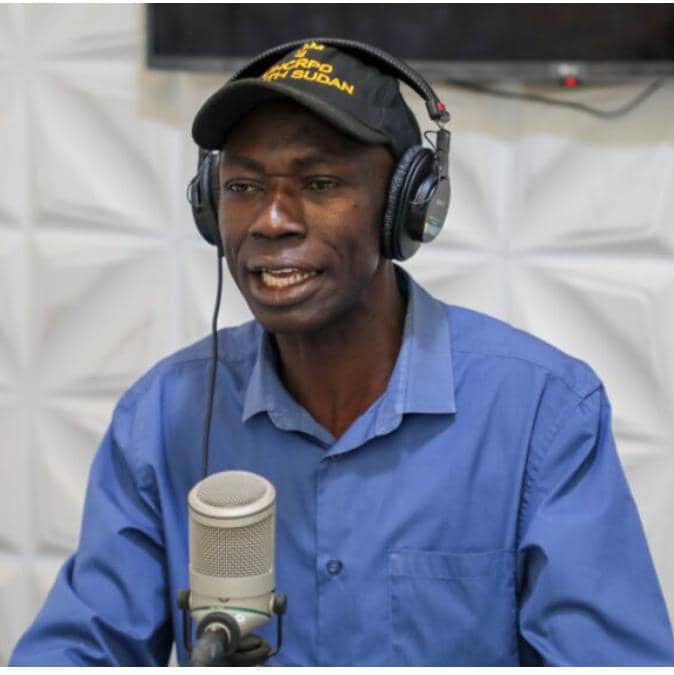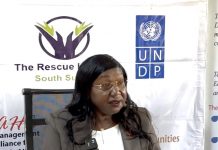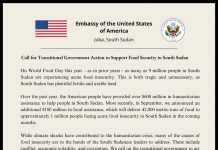
By Jackson Gaaniko Mathew
The Executive Director for Community Empowerment for Progress Organization (CEPO) has called on political leaders in South Sudan and Sudan to ensure that the resumption of oil production is used to foster peace and political stability, rather than fueling violence and conflict.
Mr. Edmund Yakani made the remark on Tuesday following the rectification of Oil pipeline that halted the production and transportation of crude oil through port Sudan for over half a year.
He emphasized the importance of directing oil revenues towards securing peace and stability in both Juba and Khartoum.
Yakani expressed concern that oil resources could be misused to finance armed conflict, exacerbating instability and human suffering in the region.
“Let the resumption of oil production be for peace, not for war,” Mr. Yakani urged. “Juba and Khartoum should avoid using oil resources to perpetuate human rights violations, deadly armed violence, and corruption. The focus must be on reducing the suffering of citizens, not increasing it.” Yakani said.
Mr. Yakani further stressed the need for both governments to take responsibility by joining the Extractive Industries Transparency Initiative (EITI), demonstrating their political commitment to transparency and accountability in public financial management.
“Transparency in the oil sector is essential to ensure that funds are not misused to fuel violence or deepen corruption,” he stated. “If Sudan and South Sudan refrain from using oil revenues to escalate conflicts, it will bring great relief to the citizens. Allowing conflicting parties to regain strength through oil resources risks further destabilizing the region.”
Mr. Yakani reiterated CEPO’s commitment to closely monitoring the situation to ensure that the resumption of oil production promotes political stability and peace, rather than perpetuating conflict and suffering.




